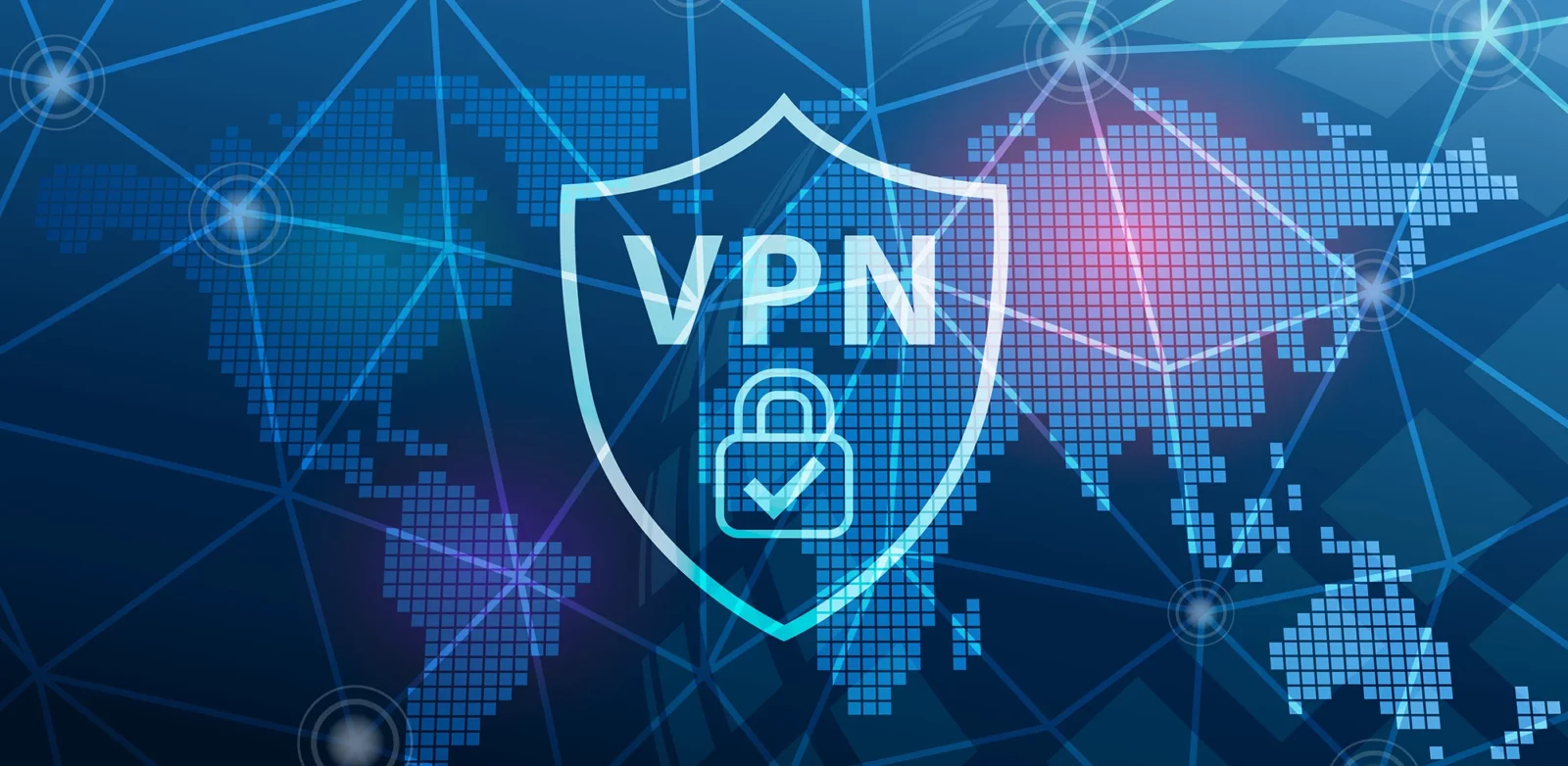In this article we enter the magical world of VPNs and online security. What are they and how do they work? Here are the details
VPNs have gone from being an obscure networking utility to big business. You’ve probably seen ads while watching a video from your favorite YouTuber, or on podcasts and even during a football match, with promises of how a VPN can make you anonymous or allow you to access free video streaming. But does the actual product match the hype? While VPNs can be useful tools for protecting your privacy, it’s important to understand how these tools work to decide if they’ll help you. Let’s break down what VPNs do and don’t do to help you understand why you’d want one and how to choose the best one for you.
What is a VPN
A Virtual Private Network (VPN), translated into Italian as “virtual private network”, is a service that allows users to browse the internet securely and anonymously. While commonly associated with personal use, VPNs have broader applications, also used by businesses to allow employees to access digital assets remotely. When you activate a free VPN, it creates an encrypted connection, called a “tunnel,” between your device and a remote server operated by the VPN service. All Internet traffic is routed through this tunnel to the server, which then sends the traffic to the public Internet as usual.
The data coming back to your device follows the same path: from the Internet, to the VPN server, through the encrypted connection, and back to your device. Using a VPN offers several benefits, including data encryption that protects your online privacy, access to geo-blocked content, and safety when using insecure public Wi-Fi networks. However, it is important to choose a quality and reliable VPN to ensure a safe and reliable connection.
Do VPNs help maintain anonymity online?
It’s important to keep in mind that you don’t need to rely on another company to set up a VPN. There are a few options for setting up your own VPN, come Outline. Doing this is pretty simple, but you’ll either need to maintain a server or rent one, which is less simple. While there are some efforts to make self-hosted VPNs more accessible, that’s something best left to geeks who are eager to get their (digital) hands in the dough.
Do VPNs Make You Anonymous Online? By encrypting your traffic and routing it through a VPN server, it is more difficult, but not impossible, for observers to identify you and track your online movements. No VPN offers total anonymity, but they can help improve your privacy. VPNs also make it harder for advertisers and others to track you onlinenormally data is transmitted from the Internet to your device using its IP address, but when the VPN is active, your real IP address is hidden and anyone watching you can only see the IP address of the VPN server.
Hiding yours true IP addressVPNs deny software from spying on you, there are various tools that use completely harmless codes to identify and track you online, almost always for commercial reasons: in short, they try to steal your consumer preferences and therefore tend to profile you based on this in order to improve and optimize the ecosystem in their favor when you surf the net.
However, VPNs don’t make you completely anonymous online, so advertisers have numerous ways to identify and track you as you move around the internet – trackers and cookies on websites try to uniquely identify you and then watch where you appear next. VPNs can hide the contents of your web traffic from some observers and make online tracking more difficult. However, at most, a VPN can only offer limited protection against the most likely threats you’ll encounter on the web: malware, social engineering scams, and phishing sites.
There are better ways to deal with these threats, in fact your browser has built-in tools to detect phishing sites, and most antivirus apps do too, so pay attention when you see a warning. Use common sense if you see a suspicious pop-up window or receive an unusual email asking you to take some action because many people reuse passwords and use weak passwords, so get a password manager to generate and store unique and strong passwords for every site and service you use. In the end, protect your online accounts and enable multi-factor authentication wherever it is availableperhaps trivial advice but which can significantly influence our level of security when online.
For further updates from the world of the web and technology, continue to tune in to techgameworld.com.















Leave a Reply
View Comments